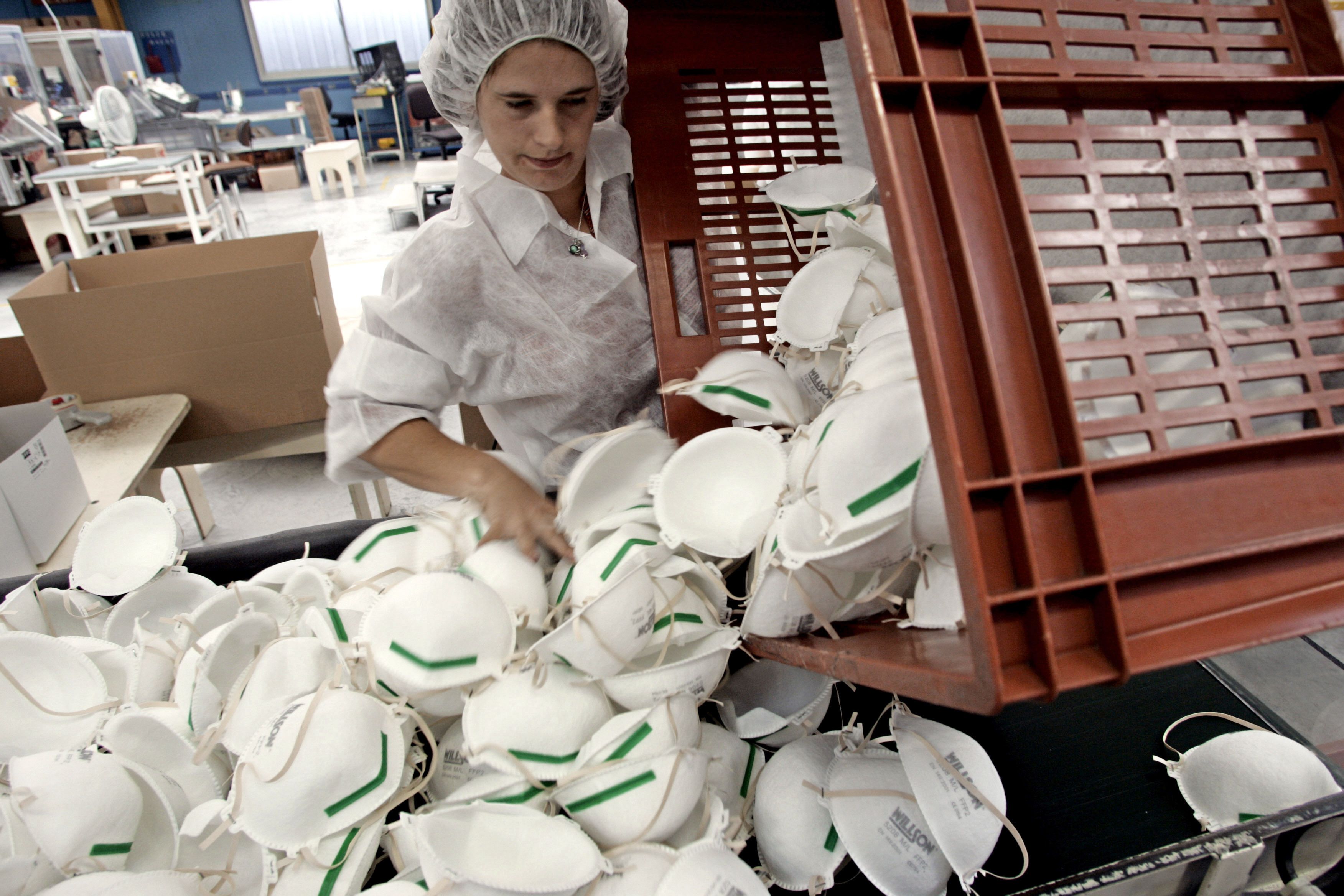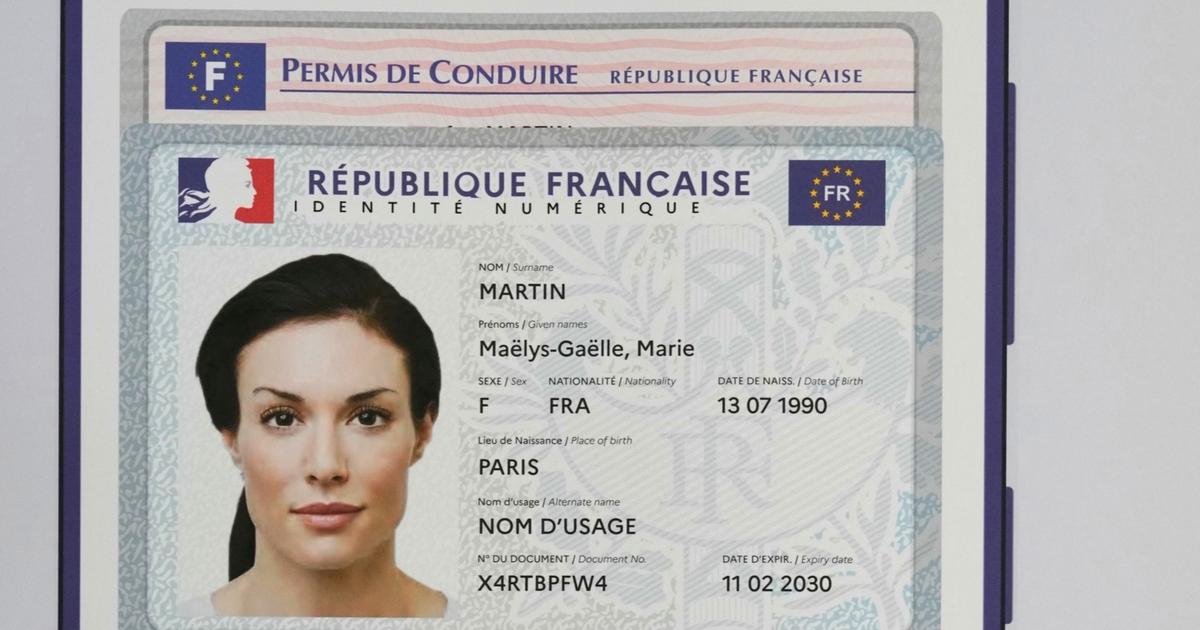Turn face on the masks. After hammering out that masks are useless against coronavirus when you're not sick, the official discourse has changed in several countries this week.
LIVE - Coronavirus: the pandemic has killed more than 6,500 people in France
The most dramatic flip-flop came from the United States on Friday April 3: President Donald Trump announced that health officials are now advising Americans to cover their faces when they leave their homes. " There is a real inflection in the United States and the WHO is in the process of revising its recommendations, " Professor KK Cheng, a public health specialist at the University of Birmingham (England), told AFP. the general wearing of a mask.
Read also: Coronavirus: is the mask for all the solution?
Since the start of the epidemic, the WHO (World Health Organization) and many governments have reiterated that the masks should only be used by carers, the sick and those close to them, saying that they are based on scientific data. .
Read also: When the strategic state has given up renewing its mask stocks
But for the promoters of the generalized wearing of the mask, this discourse was above all intended to prevent the general public from rushing on those reserved for caregivers (surgical masks and FFP2, more protective) and aggravates an already existing shortage.
The “ aerosol ” hypothesis
Among the reasons for the evolution of discourse on masks, the emergence of a hypothesis. The coronavirus could be transmitted via expired air (" aerosols " in scientific jargon). It is suspected that " the virus can be transmitted when people are just talking, rather than just when they sneeze or cough, " highly respected American scholar Anthony Fauci, advisor to Donald Trump, said on Fox News.
Read also: How masks stop viruses
If confirmed, this mode of transmission would explain the high contagiousness of the virus, also transmitted by patients without symptoms. It is by integrating this possibility that the American health authorities recommended the wearing of the mask, more to avoid contaminating those close to him than to protect himself, according to scientists.
Previously, New York had already taken the plunge: Mayor Bill de Blasio asked residents on Thursday to cover their faces when they go out. " It could be a scarf, something you made, a bandana, " he said.
Read also: For lack of mask, should you wear a scarf, as the mayor of New York suggests?
Because to avoid the rush on medical masks, it is the masks homemade or manufactured by the textile industry which are put forward all over the world.
In Germany, the Robert-Koch Institute, the benchmark establishment in public health, encouraged citizens on Friday to wear homemade masks in public. There is " no scientific evidence yet " that they limit the spread of the virus, but that " seems plausible, " said its president Lothar Wieler. An opinion shared in France by the Academy of Medicine: it ruled Friday that a " general public " mask should be made compulsory for outings during and after confinement.
France aligns
The French government itself has changed its position by announcing the manufacture of " alternative " masks, other than medical. " We encourage the general public, if they wish, to wear (...) these alternative masks which are in production, " said Friday, April 3, number 2 of the Ministry of Health, Professor Jérôme Salomon.
Read also: Are masks made by non-specialized companies safe?
A study published Friday, April 3 in the journal Nature concludes that the wearing of surgical masks reduces the amount of coronavirus in the air exhaled by patients (the experiment was made with other coronaviruses than SARS-CoV-2, responsible for the current epidemic). " This study provides a high level of evidence in favor of wearing the mask, " commented a scientist who did not participate, Dr. Rupert Beale, of the Francis Crick Institute in London. " Public health officials should take note immediately ."








/cloudfront-eu-central-1.images.arcpublishing.com/prisa/UYLPTY4TSGK24P5UXIFTOYDPNI.jpg)
